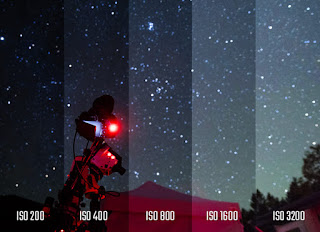Legal Aspects of Photography
Legal aspects of photography encompass a wide range of considerations, including copyright, privacy rights, licensing agreements, and restrictions on photographing certain subjects or locations. Here's an overview of some key legal issues photographers should be aware of:
Copyright Law: Photographers automatically own the copyright to their original images as soon as they are created. This grants them exclusive rights to reproduce, distribute, display, and modify their work. It's important for photographers to understand their rights and how to protect their images from unauthorized use or infringement.
Model Releases: When photographing individuals, especially for commercial purposes, photographers may need to obtain a model release. A model release is a legal document signed by the subject, granting permission for the use of their likeness in photographs. Without a model release, photographers may encounter legal issues if they use the images for commercial purposes or public distribution.
Property Releases: Similarly, when photographing private property, particularly buildings or landmarks that are recognizable and privately owned, photographers may need a property release to use the images for commercial purposes. Property releases grant permission from the property owner to use photographs of their property in certain contexts.
Privacy Laws: Photographers must be mindful of privacy laws when taking photographs of individuals in public or private settings. While individuals generally have limited privacy rights in public places where they can be photographed without consent, photographers should avoid capturing private moments or intruding upon someone's reasonable expectation of privacy.
Intellectual Property Rights: Photographers should also be cautious about using third-party intellectual property in their images, such as trademarks, logos, or copyrighted artwork. Incorporating protected material without permission can lead to legal repercussions, including claims of trademark or copyright infringement.
Restricted Subjects: Certain subjects, such as military installations, government buildings, and sensitive infrastructure, may be restricted or prohibited from being photographed due to security concerns. Photographers should familiarize themselves with local laws and regulations governing the photography of such subjects to avoid legal issues.
Commercial Use vs. Editorial Use: There are different legal considerations for images used for commercial purposes (e.g., advertising, marketing) versus editorial use (e.g., news reporting, documentary). Commercial use often requires additional permissions, releases, and clearances, whereas editorial use may have more leeway under fair use and newsworthiness exemptions.
Contractual Agreements: Photographers often enter into contractual agreements with clients, licensing agencies, or collaborators to define the terms of their work, usage rights, payment, and other important considerations. It's crucial for photographers to carefully review and negotiate contracts to protect their interests and clarify expectations.
Understanding and adhering to these legal considerations is essential for photographers to protect their rights, avoid legal disputes, and maintain ethical standards in their practice. Consulting with legal professionals experienced in intellectual property and media law can provide further guidance and support in navigating these complex issues.




Comments
Post a Comment